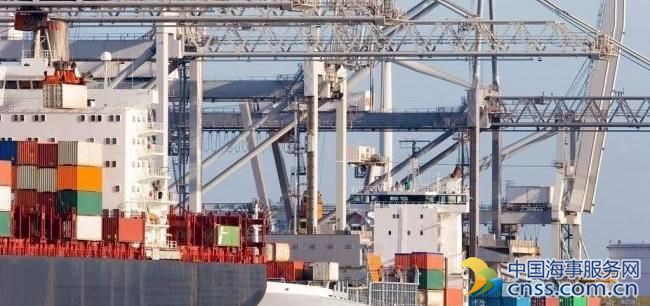Tankers: West Africa-China VLCC route hits two-month high

The cost of sending crude oil from West Africa to China on VLCCs has hit a two-month high due to a strong Persian Gulf market, sources said this week.
The WAF-China VLCC route, basis 260,000 mt, was assessed by S&P Global Platts at $16.16/mt on Wednesday, the highest in two months, since the route was assessed at $15.40/mt on February 16.
VLCC rates have firmed rapidly in the last three weeks in particular and the WAF-China route, basis 260,000 mt, has risen from $11.42/mt on March 28 to reach $16.16/mt on April 19, an increase of $4.74/mt.
The driving force behind this surge in rates has been the strong Persian Gulf market, which has very tight tonnage for the May 1-10 loading window and has seen rising rates, deterring vessels from ballasting up to West Africa, according to one shipowner.
er, West Africa has seen record export volumes for the last three months and this ties up a lot of tonnage because ships fixed from West Africa are out of the market for 70-80 days at a time when they take cargoes to China.
VLCC exports have been consistently high for the last three months and February and March both saw 37 VLCC cargoes going East and to India.
For April, 35 were recorded and so far 20 VLCCs have been taken in WAF for May, according to shipbroking sources.
Charterers in the Caribbean and West Africa are now looking at splitting VLCC stems onto Suezmaxes as the cost of VLCCs is such that it is more economical to fix two smaller stems, according to shipbroking sources.
FUEL OIL ARB REMAINS UNECONOMICAL
Meanwhile, European fuel oil traders say rising VLCC freight rates are a barrier to successfully fixing VLCCs from ARA to Singapore. April has only seen three VLCC fixtures — New Energy, Nave Electron, and Maran Triton. There are no May fixtures known to the broader market so far.
“If the East-West starts widening and Singapore starts pulling in barrels then that could change things, but freight rates are the problem,” said one trader Wednesday.
However, looking ahead traders expect seasonal demand increases in Asia to help pull material from Europe.
“The East-West arbitrage will work at some point soon with the summer approaching,” said a second trader.
Source: Platts
HEADLINES
- Do shipping markets want Biden or Trump for the win?
- All 18 crew safe after fire on Japanese-owned tanker off Singapore
- Singapore launching $44m co-investment initiative for maritime tech start-ups
- Cosco debuts Global Shipping Industry Chain Cooperation Initiative
- US warns of more shipping sanctions
- China continues seaport consolidation as Dalian offer goes unconditional